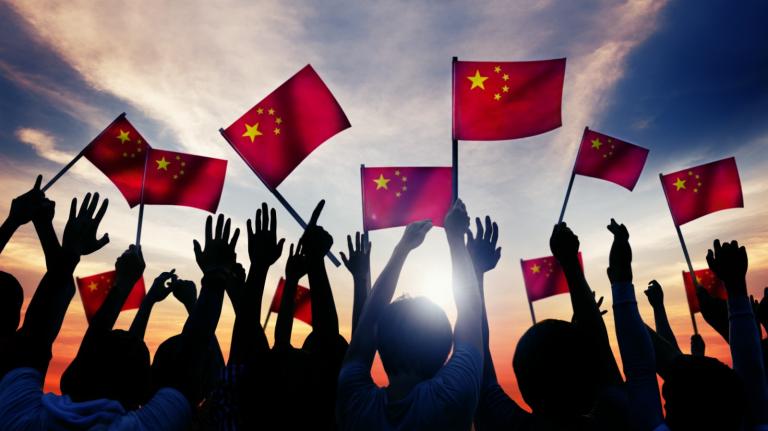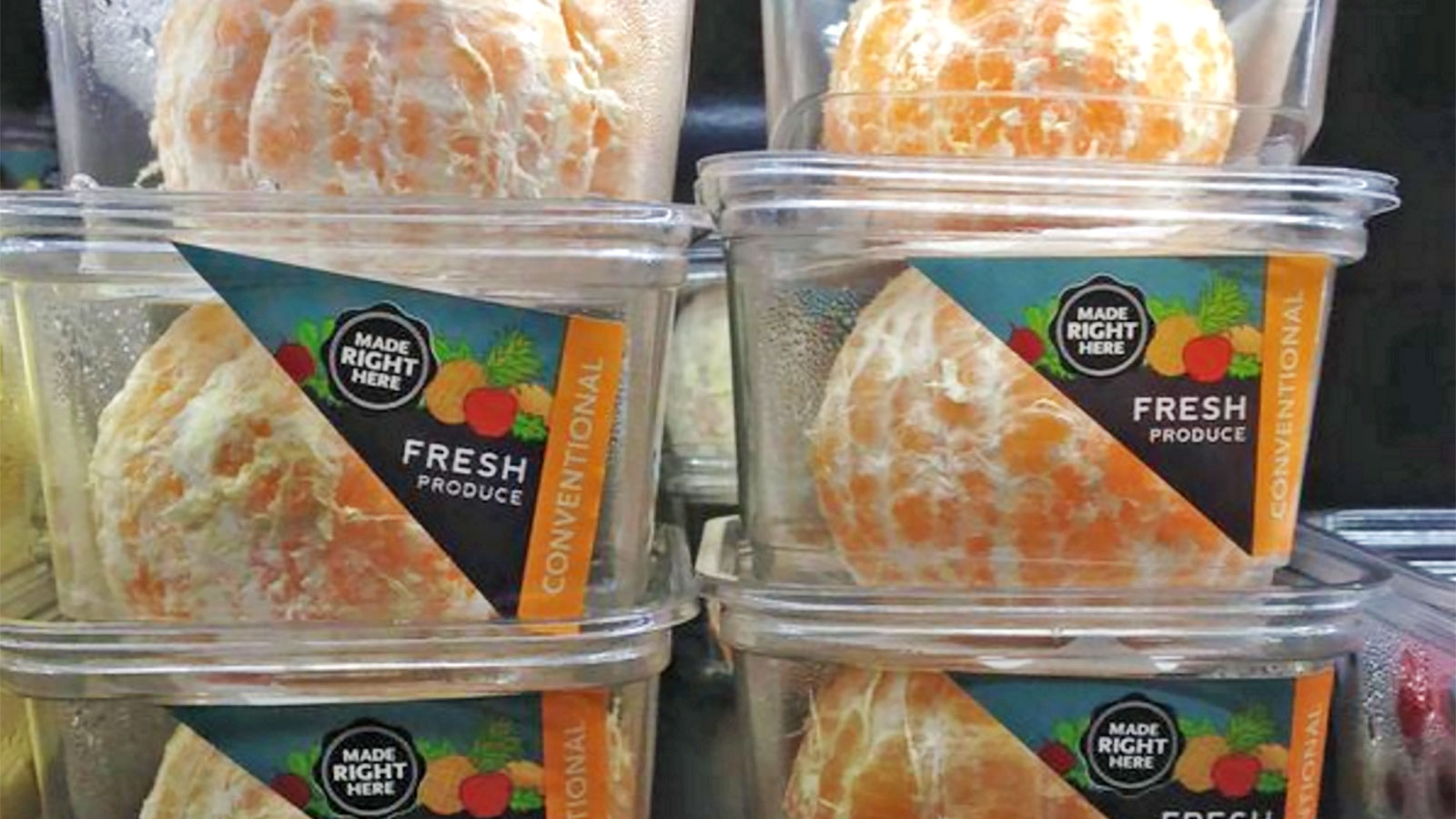Whole Foods Market felt the wrath of a thousand tweeters last week after Londoner Nathalie Gordon posted an image of a new store product.
If only nature would find a way to cover these oranges so we didn't need to waste so much plastic on them. pic.twitter.com/00YECaHB4D
— Nathalie Vincent (@awlilnatty) March 3, 2016
It’s an orange, but an upgraded, 2.0 version that is both more wasteful and, at $6 a pound, a hell of a lot more expensive than the regular kind.
Four days after Gordon tweeted this image, it has gotten nearly 100,000 retweets, almost as many likes, and its own hashtag — #orangegate — inspired by the maelstrom. The media has widely covered the controversial new product, with headlines like “Whole Foods’ Pre-Peeled Oranges Are the Ultimate in Bourgeois Laziness” (Eater), “Whole Foods Sells Peeled Oranges In Plastic Containers, World Revolts” (Huffington Post), and my personal favorite, “Nach Shitstorm geschälte Orange in Plastikpackung vom Markt genommen,” or, “After Shitstorm, Peeled Orange in Plastic Pack Removed From the Market,” from German site Netzfrauen.
The overwhelming response to #orangegate has been, “WTF, Whole Foods?” In reaction, the company wasted no time pulling the product from its shelves, blaming a few experimental stores, and then making a rather astute joke about the whole thing.
#orangegate pic.twitter.com/cVn2xpkr85
— Whole Foods Market (@WholeFoods) March 4, 2016
It makes you wonder: Would the outcry have been so loud had the pre-peeled oranges been sold in cute little Mason jars?
Whether plastic or glass, #orangegate brings to mind another recent Whole Foods scandal, #asparaguswatergate, in which a store in California was busted selling three stalks of asparagus in a bottle of tap water. For $6. But unlike #asparaguswatergate, #orangegate has seen a vocal contingent of consumers defending Whole Foods. No, these aren’t lobbyists for the plastic industry or hoarders of to-go containers. They’re folks with arthritis and other disabilities.
Take disability studies scholar Kim Sauder, who wrote on her blog:
As a person with limited hand dexterity, I look at this and see an easier way to eat healthy food. I actively avoid eating oranges, not because I dislike them (they are definitely tasty) but because I have so much difficulty peeling them. Any attempt to peel an orange is likely to result in an unappetizing mess because I’ve squeezed the orange to hard while trying to maneuver it for peel removal.
I don’t have access to peeled oranges from my grocery store though I’d probably take advantage of them if I did. I do buy precut vegetables all the time because it is more convenient and safer for me to do so. …
Anything that helps make my regular acts of daily life safer and more convenient is always a plus. So I was one of a number of disabled people who pushed back against the wholesale shaming of preprepared foods.
Now, Sauder isn’t naive: She doesn’t think that Whole Foods came up with pre-peeled oranges in order to ease the lives of folks with disabilities. Whole Foods is a business, after all, and while the company may have slightly better core values than, say, Walmart, it’s still a capitalist enterprise — one that often prizes the bottom line over human suffering. But still, she has a point, and one that environmentalists must consider: Just as for too long the green movement ignored the effects of environmental degradation on minority and poor populations, they — we — have also ignored the disabled.
Whole Foods sells a lot of shit in plastic boxes, from pre-packaged salads to cut watermelon to that guacamole that costs a week’s pay but is kind of worth it. But, for the most part, we don’t bitch and moan about those. And it’s not just Whole Foods: Tons of stores use excess packaging. Take Trader Joe’s. Do those green peppers really need to be shrouded in plastic? And how are you supposed to get a feel for your heirloom tomatoes if they’re stuck in a vegetable coffin? It’s maddening. I’ve actually seen bananas wrapped in plastic — in the peel — at my neighborhood Harris Teeter before, something that enraged me so much that I stopped eating bananas. So while Whole Foods might be guilty, it’s hardly guilty alone.
We have a packaging problem in this country. That’s clear. But we also have a problem with dismissing the needs of minority populations because, too often, we don’t even see them. Whole Foods needs to do better, but the rest of us need to do better too.




